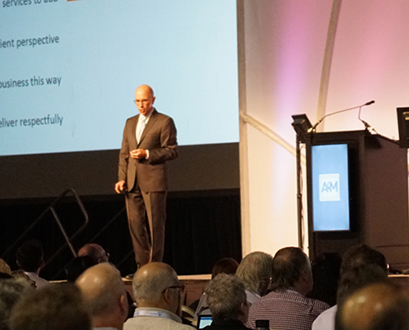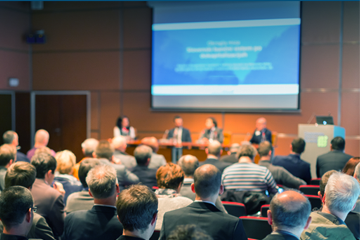Overview
Regenerative medicine has made incredible strides in the past decade, becoming a revolutionary subspecialty. Comprised of five modular courses, the Stem Cell Therapy Fellowship program has been recently redesigned to fit the educational needs of today’s health professionals and practitioners. The curriculum covers a variety of topics, ranging from the basics of stem cell biology to treatment methods for specific regenerative conditions using novel and cutting-edge therapies. This program features a faculty of top educators and thought leaders in the field of functional and regenerative medicine.
Why Stem Cell Fellowship?
A growing crisis regarding organ transplants and an aging population has intensified the search for new and alternative therapies in medicine. With an approximate 90,000 patients on the current U.S. transplant-waiting list, a wide array of critical medical needs have gone unmet—many of which can potentially be addressed by regenerative technologies.

Regenerative medicine is a rapidly emerging branch of medicine, with the overarching goal of restoring organ and/or tissue function for patients with serious injuries or chronic disease, during which the body’s own responses are insufficient. By utilizing cell/tissue product’s regenerative potential for repairing, replacing, maintaining or enhancing organ/tissue function, regenerative medicine includes growth factors cell therapies, tissue engineering, gene therapy, and biomedical engineering.
We have recognized the need for current, up-to-date knowledge regarding stem cell therapies, coupled with the need to disseminate information amongst physicians and healthcare professionals. Our expert faculty members have collectively created the world's first Stem Cell Fellowship program.
Newer regenerative medical technologies can harness the power of stem cells to create living, functional tissues, which can regenerate and repair tissue and bodily organs that have been damaged due to age, disease, or congenital defects. Stem cells have the capability to access these damaged areas, restoring cells and tissues by performing a repair and renewal process, which ultimately reestablishes functionality.
Fellowship Objectives
- Possess a thorough understanding of cell anatomy & biology, and basic stem cell properties and processes
- Develop expert understanding of harvesting methods for various stem cell procedures
- Demonstrate a working knowledge surrounding cardiovascular, vascular, and respiratory conditions with relation to stem cell therapies
- Understand the treatment of musculoskeletal & neurodegenerative conditions through the use of various stem cell sources
- Learn best practices for implementing and integrating regenerative medical treatments into practice
- Assess the ethical considerations and controversies surrounding cellular therapy, while discussing the risks, benefits, applications, and current legalities surrounding cell cryopreservation and cell banking
- Participate in interactive sessions with leading experts practicing live stem cell demonstrations
Stem Cell Therapy Fellowship Requirements |
| Current A4M membership |
| Copy of your medical degree |
| Copy of your medical license |
| A CV demonstrating a minimum of five years of clinical practice experience |
| 200hrs of CME over the past 8 years |
| Notarized affidavit |
| Module I: The Biological and Molecular Basis for Regenerative Medicine |
| Module II: Best Practices in Regenerative Medicine |
| Module III: Focus on Cardiovascular, Vascular, and Respiratory Conditions |
| Module IV: Focus on Musculoskeletal, Neurological and Neuro-Degenerative Conditions |




